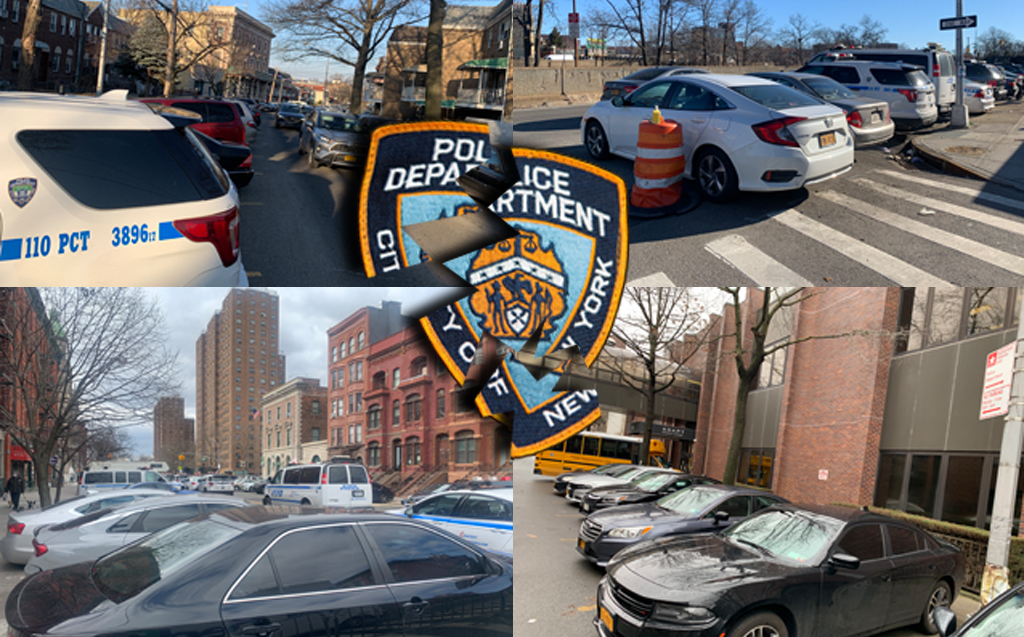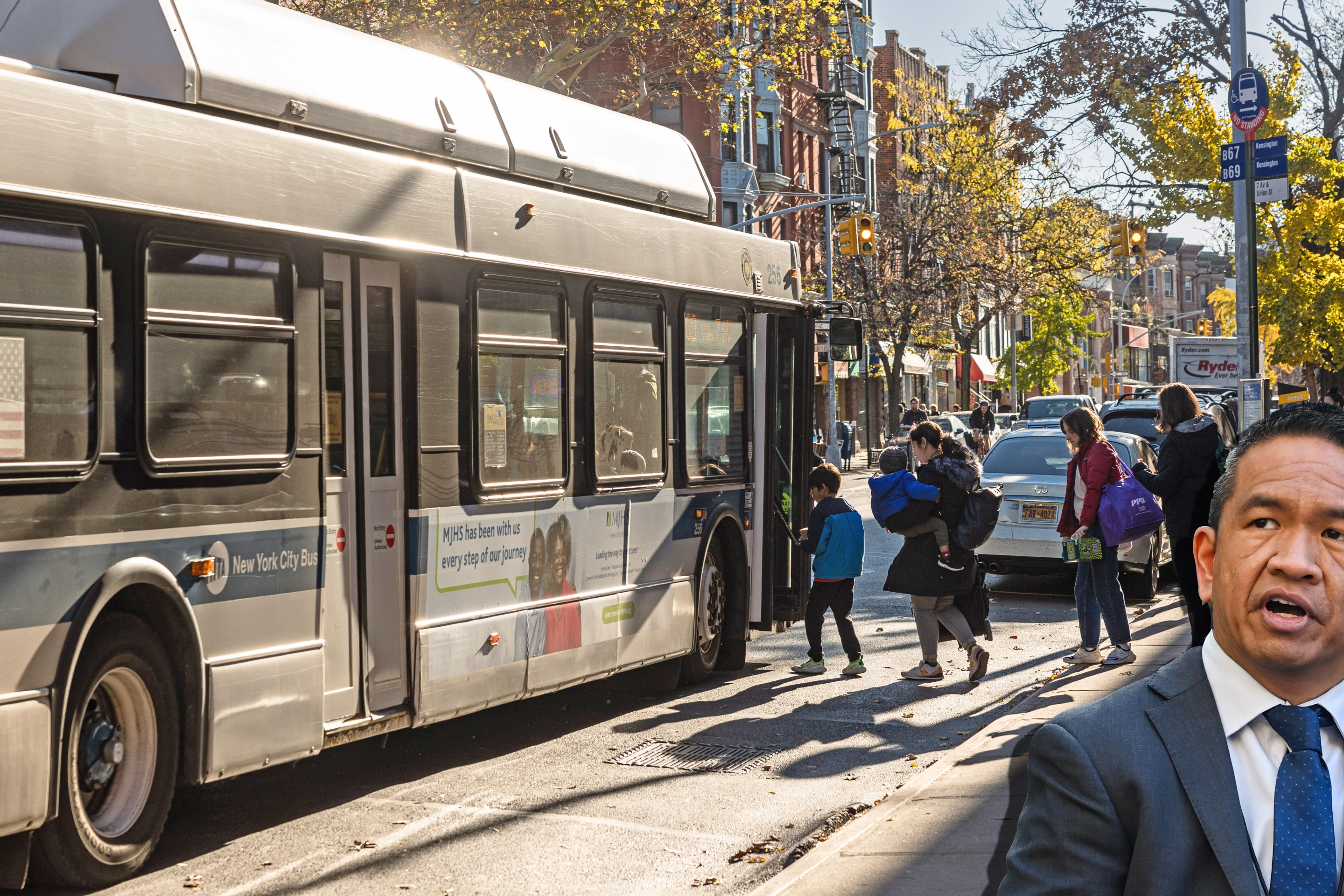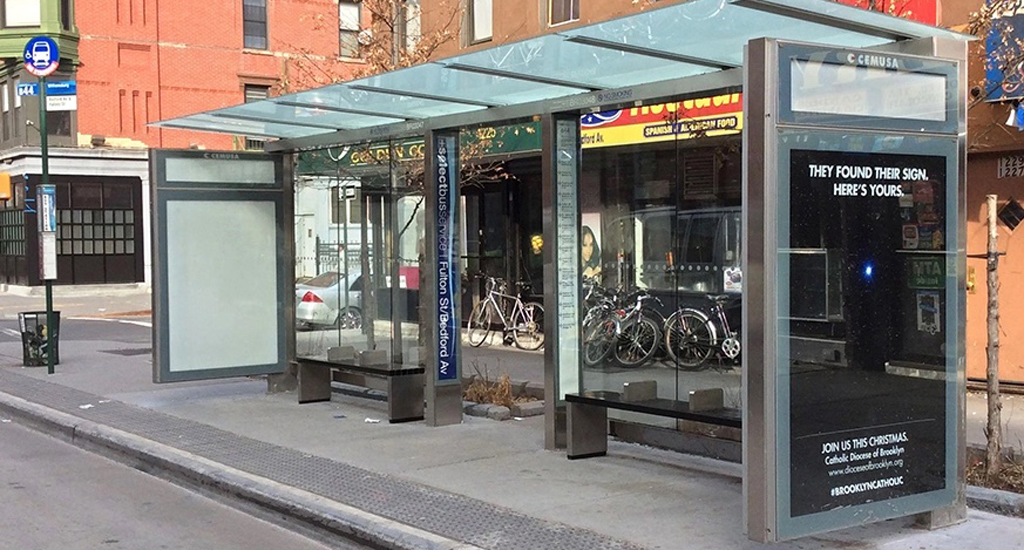The city's Charter Revision Commission held its fifth issue forum last night, discussing the city's complex land use process. Based on the commentary of a panel of expert witnesses, a major revision of the city's core land use process, ULURP, looks unlikely this year. But that doesn't mean that there isn't an appetite for change. Heated discussions about the role of community boards and borough presidents, comprehensive and community-based planning and the need to reform environmental review punctuated the evening.
The city's official position, it appears, is that land use doesn't need reform this year. David Karnovsky, general counsel for the Department of City Planning, used his testimony to explain the origins and benefits of ULURP, praising it for being predictable and appropriately balancing local and city-wide interests. "It is strong and it is robust," said Karnovsky. At no point did he speak well of a proposal to revise the land use sections of the charter.
Karnovsky's testimony echoed that of City Planning Commissioner Amanda Burden, who
according to the Observer, has called for leaving ULURP alone in this charter revision. "I think we definitely should make sure we don't mess with things that aren't broken," Burden was reported as saying. Since the Charter Revision Commission is controlled by mayoral appointees, this unified position from the Department of City Planning suggests that land use may not make it onto the ballot this year.
But if the charter commission does decide to tackle land use, or if it comes up again next year, last night's forum provided a good overview of the hot issues.
Debate over the proper role of borough presidents and community boards dominated the evening. Currently, both make recommendations as part of ULURP, but have only advisory functions. Proposals to give them a little bit more power -- by requiring the City Planning Commission to overturn a borough president's "no" vote with a supermajority, for instance, or providing community boards with the resources to employ professional planners, as proposed by Manhattan Borough President Scott Stringer [
PDF] -- resurfaced throughout the night. The public portion of the forum, in particular, was dominated by local voices, many of them community board leaders, urging that neighborhoods be given more control over land use decisions.
Representatives of the city and the development community, however, strongly opposed moves to strengthen community boards and borough presidents. Karnovsky said they already "identify and frame issues" which shape city-wide discussion, a point echoed by Christopher Collins, the long-time counsel for the City Council's land use committee.
A discussion about the difference between planning and zoning also divided the expert panel. "The Department of City Planning is fixated on ad hoc rezonings," not comprehensive, long-term planning, said Tom Angotti, a planning professor at Hunter College. For example, he argued, upzonings aren't paired with added transit capacity, pointing to neighborhoods like Williamsburg.
Angotti's position was supported by testimony from the Citizens Housing and Planning Council [
PDF] and the
Pratt Center for Community Development. Each pointed to PlaNYC as exhibiting many of the best characteristics of a comprehensive plan, tying long-term goals like sustainability to demographic projections and holistic solutions. But because it was created outside a charter-authorized process, they argued, PlaNYC never went through a proper public review process and lacks the institutional power to force city departments to comply with its goals. The central question, said Sarah Watson of CHPC, is "How can the long-term, citywide planning objectives of PlaNYC be integrated within the structure and the processes of New York City government?"
Some invited experts disagreed, however. "I don't know how you'd do a comprehensive, city-wide plan in a way that wasn't completely top-down," said Vishaan Chakrabarti, a Columbia professor who formerly worked for DCP and the Related Companies.
While nearly everyone believed that ULURP itself is basically functioning well, the pre-ULURP process, and environmental review in particular, came in for sharp criticism. Angotti argued that environmental review needs to be simpler and more transparent. Right now, he said, the law does little to inform the public or protect the environment. Attorney Paul Selver, representing the development community, identified environmental review as the major driver of delays in development, an issue of particular concern to charter commission chair Matthew Goldstein.
Other hot issues included the use of community-developed
197-a plans, which many believe are ignored by the city, always-controversial
community benefits agreements, and the "
fair share" provision, which is supposed to distribute the burden of unwanted infrastructure evenly across the city. All these issues may not make it onto the ballot in November -- ULURP looks like it won't -- but for a good rundown of the big questions facing New York's land use process in the years ahead, you couldn't do much better than last night's event.





